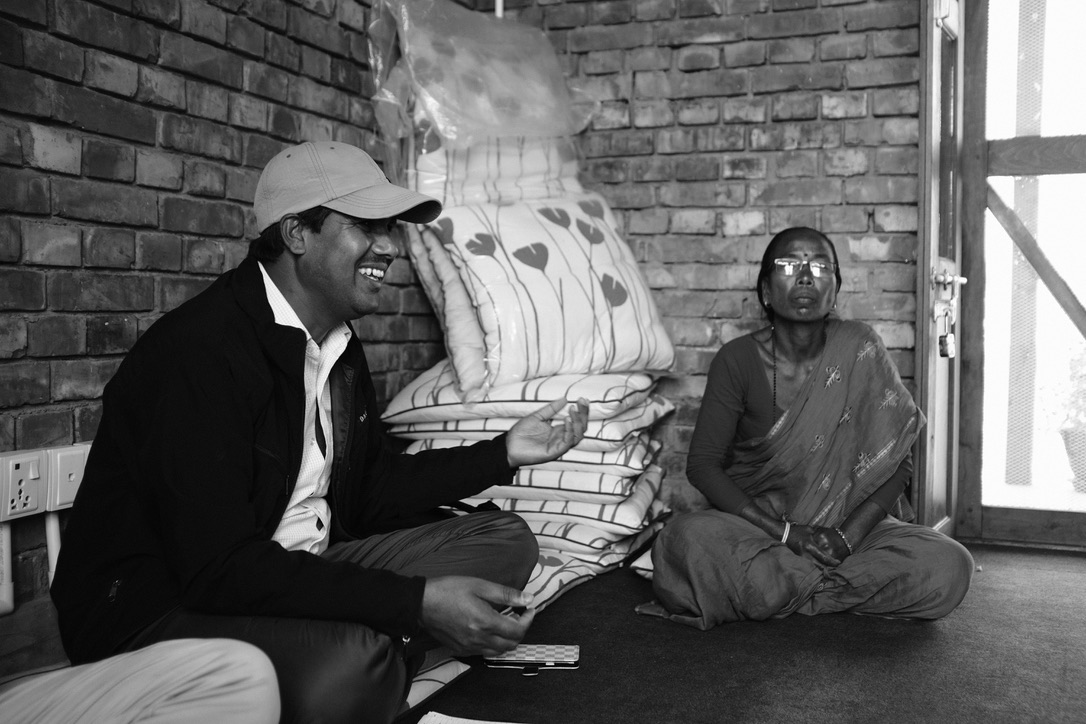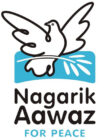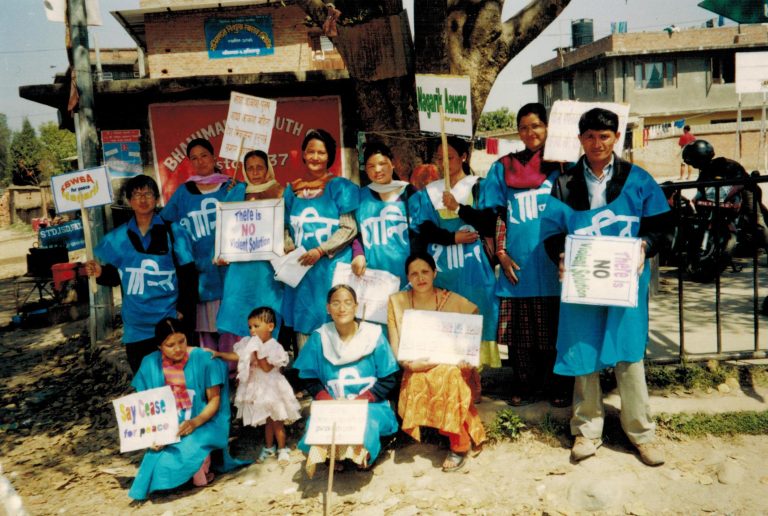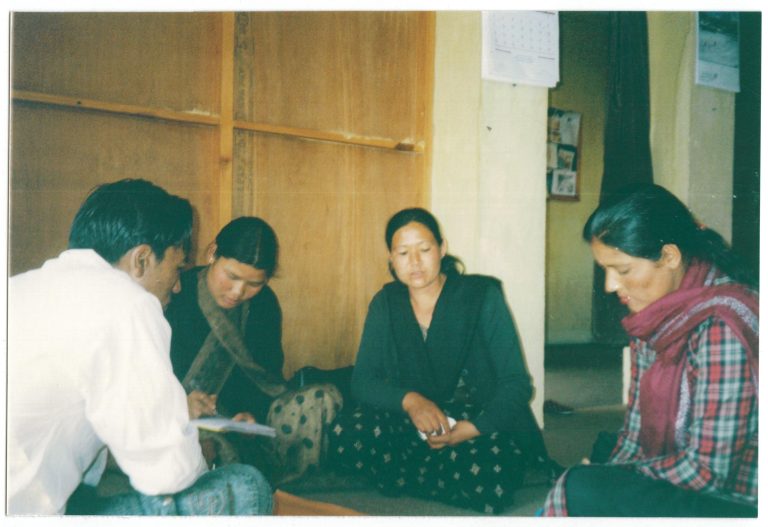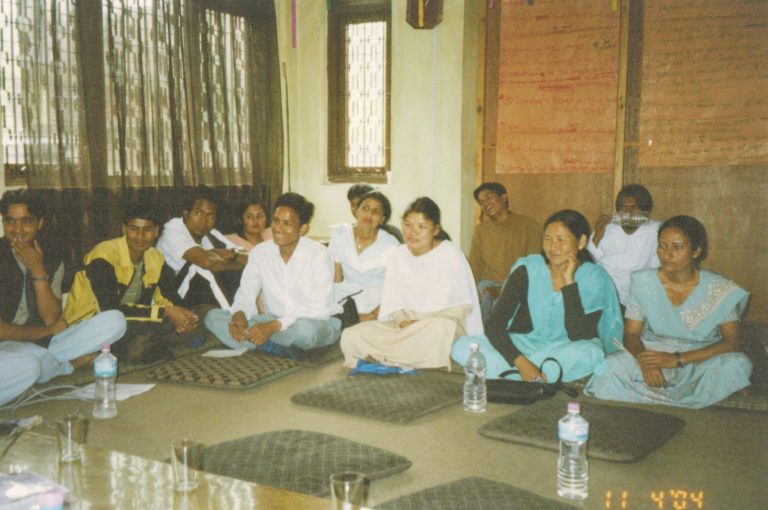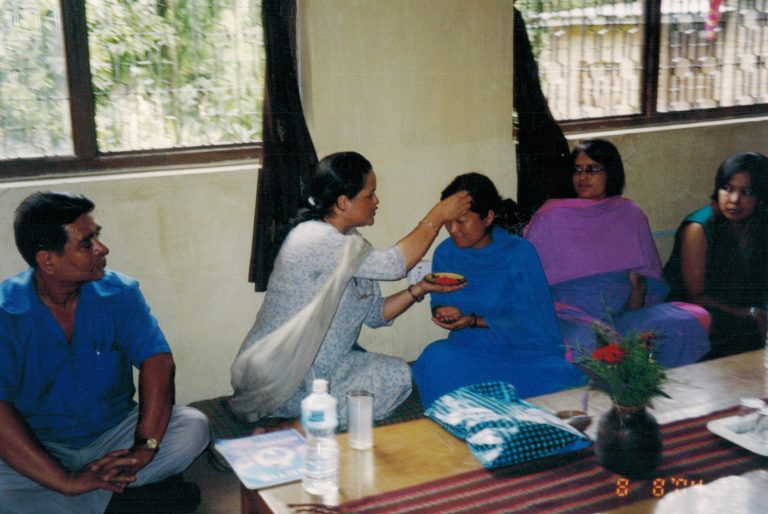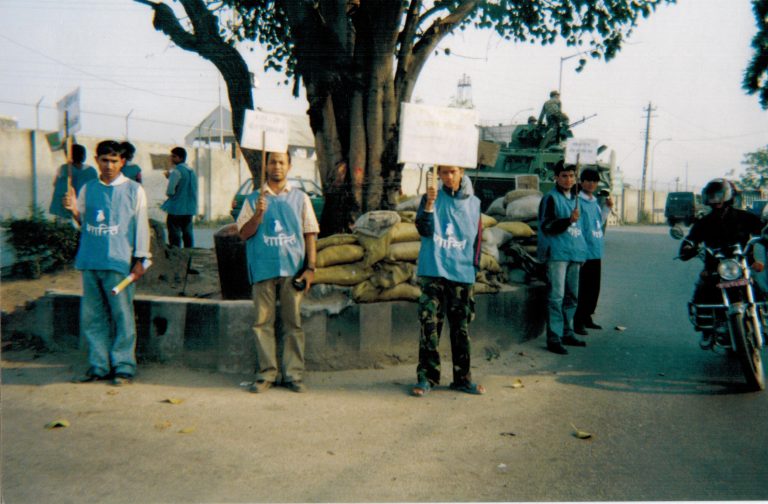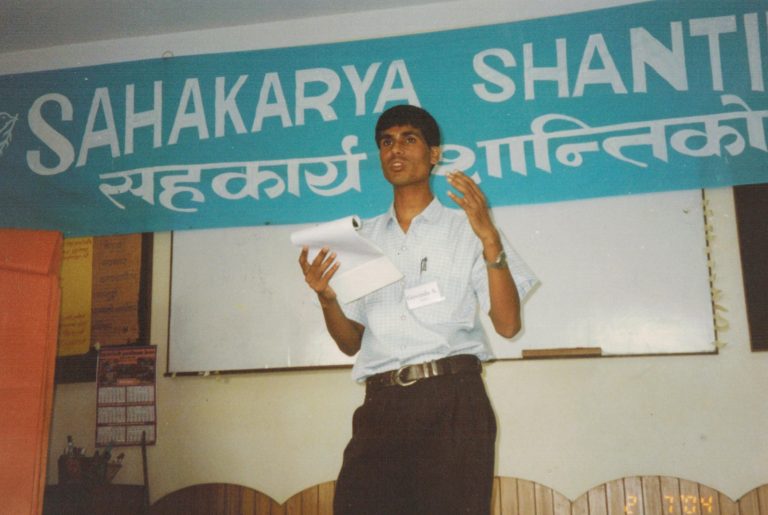Who We Are
“In Times of Famine, Save seeds
In Times of War, Save Youths”
– Rita Thapa, Founder
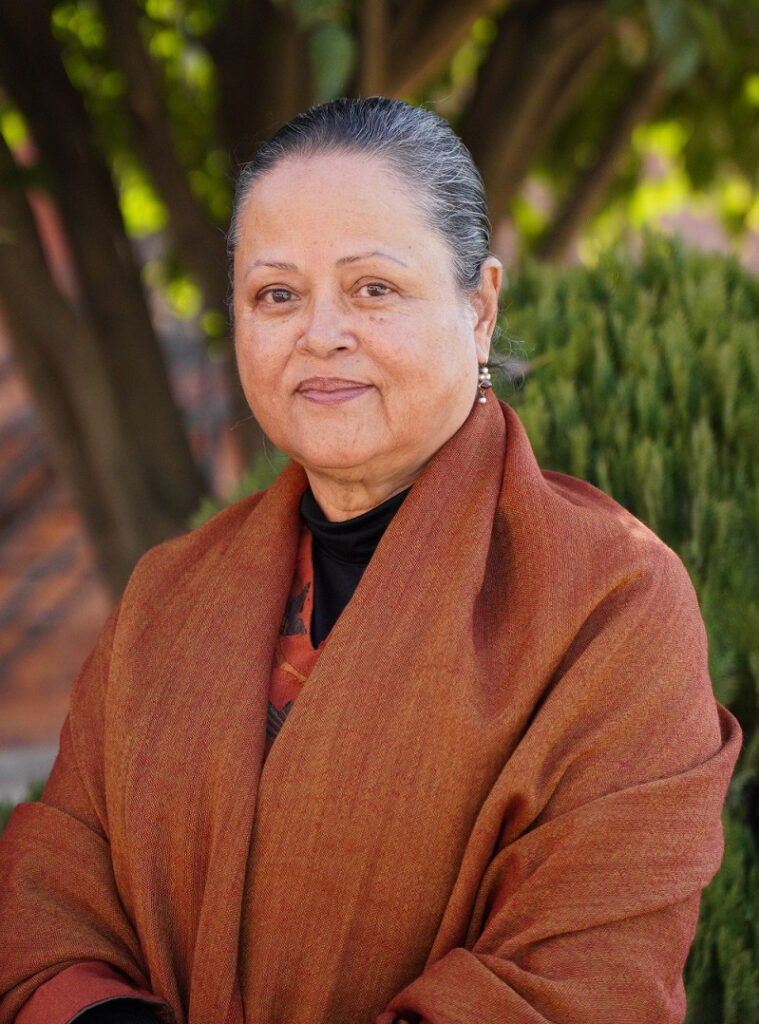
As Peacebuilding is For Me
As Nagarik Aawaz (NA) runs its 24th year and co-incidentally, I run my 74th, I am delighted as a Founder to leave a few thoughts for the future. Also, I must first take a moment to congratulate and humbly thank both the leaderships at the Executive Board – our dear indomitable guiding light – Dr. Chhatra Amatya (simply dijju for me), and Dr. Susan Risal, for taking NA forward with such skillful aplomb! I marvel at the leadership/s for I know that without wise, thoughtful, and ethical leadership, no institution can be sustained or grow – as NA has! What more could a Founder wish!
In June 2001, after the palace massacre, whilst grasping the implications of an escalating civil war, I plunged into peacebuilding work – with little idea of what the work entailed. Learning along the way, in an environment that was volatile with high security risks at every step, we at NA, not only learned peacebuilding work at ground zero, but in the process became instrumental in saving thousands of youths, who otherwise would have lost all hopes of living their lives. And as NA’s beneficiaries gain, their families and immediate circles also benefited – by simply finding a meager straw of hope – something that became lifegiving and lifesaving eventually.
During that time, I had just made a successful leadership transition at Tewa. I felt I needed a sabbatical. But it was impossible to ignore seeing what the armed conflict implied particularly for women, children, and youths, and remaining on the sidelines watching one’s communities and country burning down. I see that even today, as transitional justice lingers on, the deeply couched embers continue to scar us all. According to the development world, in order to survive, we needed to do Track 1 or 2; human rights; or as donor projects (who never go that close to ground realities) were mandated to support.
Luckily, I was gifted to innovate and improvise what kind of peacebuilding work was needed given our context and was lucky to find enough people in the staff and our partners, who could plunge alike into it. Relatively soon, learning from this work, I saw that peacebuilding was about fulfilling immediate and urgent needs, healing scars, showing that hope was around the corner, enabling people to help themselves, maintaining balance, and importantly spreading LOVE! So simple and – yet profound!
I hope NA can always take this – “plunge” when the need arises. Feel and treat “victims” as you would like yourselves to be treated if those conditions befell us. Always to remember that the “victims” whom we label deserve the same dignity as you or me because we are a part of the same humanity. We who have been given the gift to do peacebuilding work, gain from these insights in deepening degrees; in being seen and heard in these circles; and most of all in understanding humanity at its best within and around ourselves! I hope all who lend to NA in whatsoever ways, are humbled every moment they do this most meaningful and most cherished work! I was guided by my Gurus to follow my heart – and I am ever so grateful I could be led by its beats.
Always my best wises and may good work continue!
Rita Thapa – Founder, May 2025
introduction
Nagarik Aawaz (NA) is a non-profit organization that practices grounded values of peacebuilding to create agencies of peace (in the forms of peacebuilding organizations, ambassadors, facilitators and volunteers) in an era of growing insecurities and an unaddressed past. NA was founded in 2001 at the height of the armed conflict (1996-2006) in Nepal. In more than two decades, the grievances that led to armed conflict have not changed. Structural violence is intensifying at an alarming rate. Nepal has not addressed the wounds, and scars caused by the armed conflict. The significant human rights violation cases still go unaddressed. Nagarik Aawaz works for a Just and Peaceful Nepal and feels that youth and women are key to realizing the goal. We invest in and provide space for women and youth to be transformative peace leaders. These transformations are personal, psychological, social, and cultural in nature. Transformed youth and women have the ability to challenge discriminatory structures. They challenge both the large and small structures that promote violence. We design our programs/initiatives to promote the idea of peace in each community. Communities are the owners of these programs. Only community people can keep peace going.
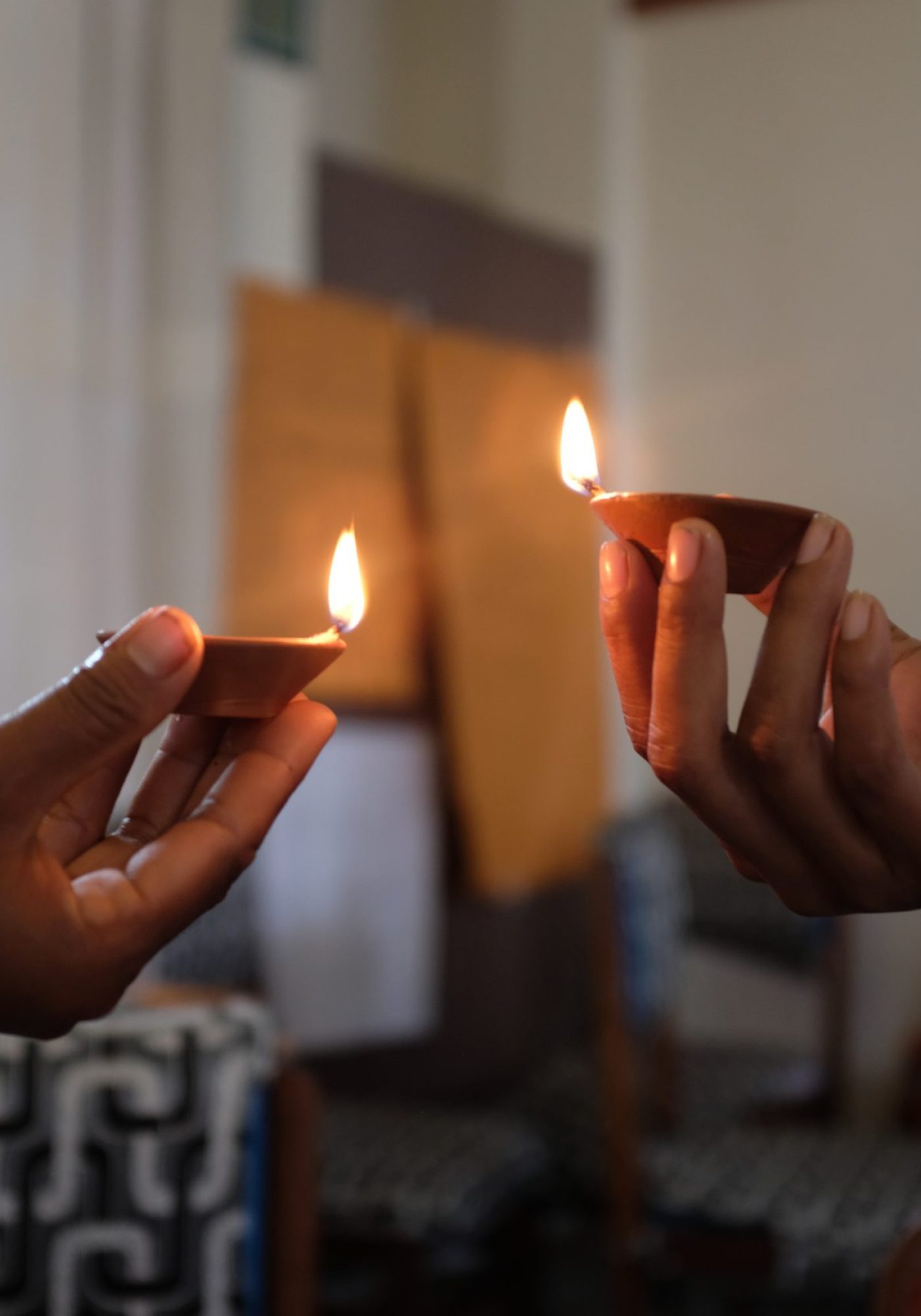
mission statement
Capacitate conflict-affected people and marginalized communities to transform the influential structures for a Just and Peaceful Nepal.
Brief History
In 2001, we had a simple hope during a complex situation of Nepal. We hoped to save people’s lives during the armed conflict in Nepal. In April 2001, Rita Thapa called upon her fellow activists for support. We then started with immediate responses to save lives. We gave small relief so that people can live. A woman coming from Humla, Nepal recalls how our team member went to her with a bottle of ghee when she just gave birth (in the following video) during the armed conflict. During that time she fled to Kathmandu from Humla to save her life.
Realizing that we need to do more in 2003, we did a small research. The research was on conflict-affected widows. Through this research and regular interactions we held, we found out that we had to save youths. They were the most at risk. We adopted a slogan, “Save seeds in famine and save youths in war”. We aided more than a thousand youths in less than ten years. We assisted them channel their anger and heal. Gave them skills of leadership and small economic support. Inspire them to adopt non-violence. We did that through a program called Displaced Youth Volunteer Program. Through this beautiful program, we gained amazing team members and peace practitioners like – Mr Hari Bahadur Dhami, Mr Govinda Acharya, Ms Pingala Basnet, and Ms Bishnumaya Gharti. In Nagarik Aawaz we pride ourselves on our values. This was the program we grounded all our values upon.
We knew working alone would mean nothing so we created a pool of organizations dedicated for peace work and saving youths. Sixteen organizations came with us in this loose network called – Joint Initiative for Peace. We still work with them to implement our projects collaboratively. This network still works as a think-tank group to analyze the context and actions needed in the changing context of Nepal.
In 2009, Rita Thapa started a process to hand this organization to the young leadership. Finally, in 2011 Dr Susan Risal, PhD took over the leadership. Nepal was also changing during that time. Nepal started its transition to peace. We took our values and expanded it in our communities. We started to work on the social and psychological reconciliation of conflict-affected women. We started to create young leaders adopting transformative peace leadership. We designed projects to help in the reconciliation of conflict-affected women within, and to address structural violence. Our goal was simple, We want to help Nepal never go back to armed conflict and help make Nepal a Just and Peaceful country.
The further we dedicated ourselves to peacebuilding we started to learn the importance of the past. Then in 2017, our team again sought the leadership of founder Rita Thapa to further our vision of – never again to armed conflict. We have started to build a space dedicated to peace practices in Nepal and for remembrance of armed conflict. We want to keep alive the narratives of people who experiences the armed conflict and survived it. We want our future generation to learn from our history. This is our dedication of 20 years and our vision.
values of peacebuilding
We at NA are proud to call ourselves peace practitioners. As we all know, peace means many different things to different people. As a result, we have collectively defined values that guide our actions. As a peacebuilding organization, our actions, initiatives, and projects reflect the following values:
Everyday
Peace
Peace exists on all levels. It is up to each individual to define peace in their way. Within us lies the power to define peace as we see fit. To help people live with dignity and justice, we strive to promote peace in their everyday experiences.
Care
We care for human dignity and manage conflict through nonviolence. Component of care lives in our daily life operations and initiatives. This value guides us to practise empathy in our actions. Care helps us share each other’s strengths. We care among the team or in the communities we work in.
Safe
Space
We make space where people can feel safe and secure to express, engage, and strive for a better future. Here we can say what we want without being afraid. Learn new ideas. Think about a better future. We can solve problems with love and care. We don’t judge here. We help heal each other here.
Human Relationship
Harmony and peace, are built on good relationships. Trust is enhanced among individuals and groups as a result of it. It is through human relationships that we can work together, understand each other’s differences, and become closer.
Listening to Unheard Voices
Everybody has a voice. So we listen to that to respond according to time and context. We plan our responses by keeping people in our hearts and listening to their voices. We do this through dialogues and conversation.
Board Members
(In Random Order)

Dr. Chhatra Amatya
Chairperson
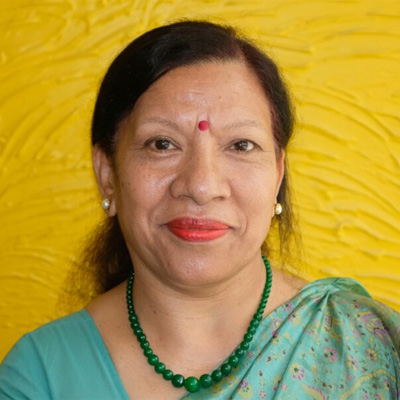
Purna Shova Chitrakar
Vice Chairperson
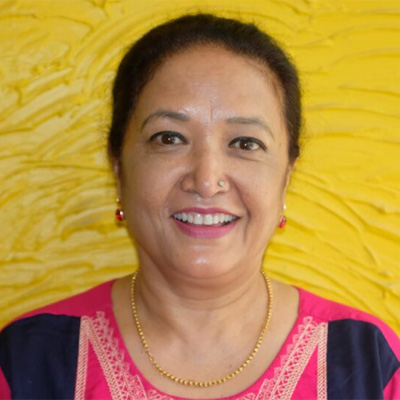
Sandhya Bhatta Basnet
Member

Dr Aruna Uprety
Member
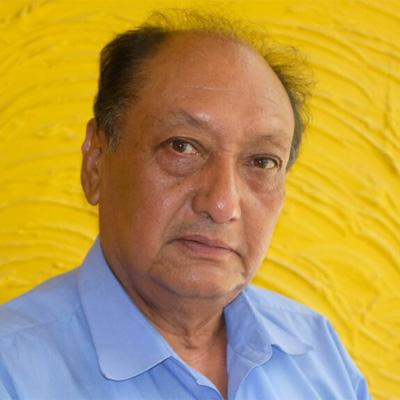
Sharad Babu Shrestha
Board Member
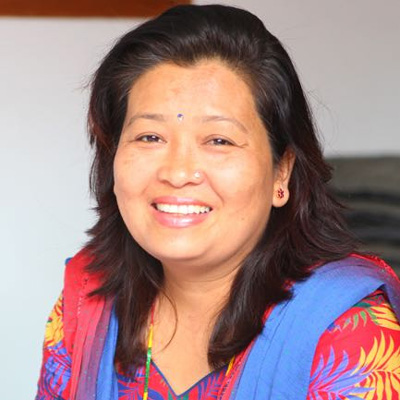
Shobha Basnet
Former Chairperson & Board
- Phone:+1 (859) 254-6589
- Email:info@example.com
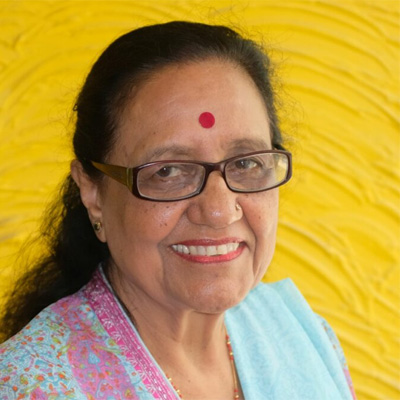
Sukmaya Bohora
Board Member
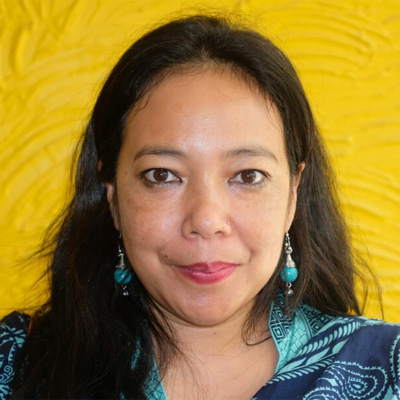
Jyotshna Shrestha
Board Secretary
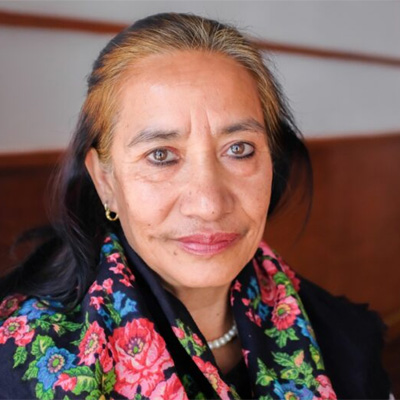
Roshini Karmacharya
Treasurer
Lalitpur Team

Anjeela Rayamajhi
Programme Officer
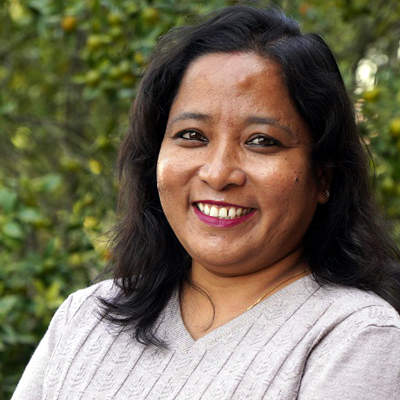
Anita Ranjit
Senior Psychosocial Counsellor
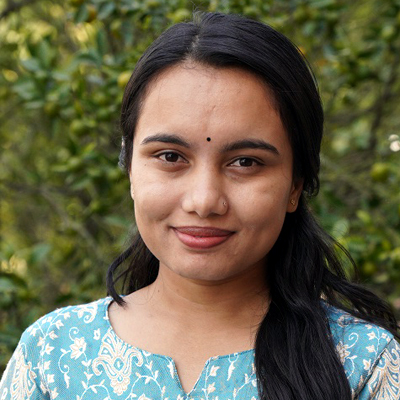
Asmita Dawadi
Psychosocial Counsellor
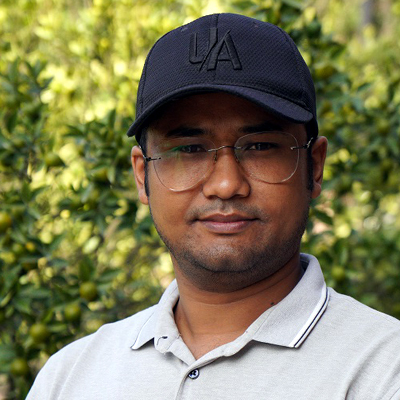
Binod Maharjan
Asst Admin Finance Officer
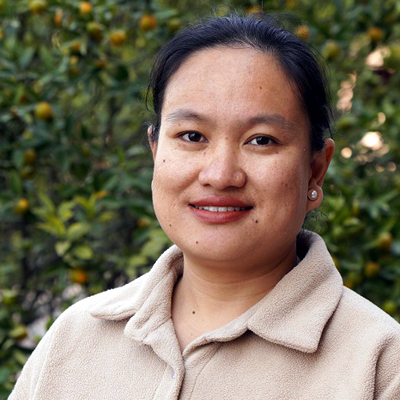
Bishnu Maya Gharti
Senior Program Officer
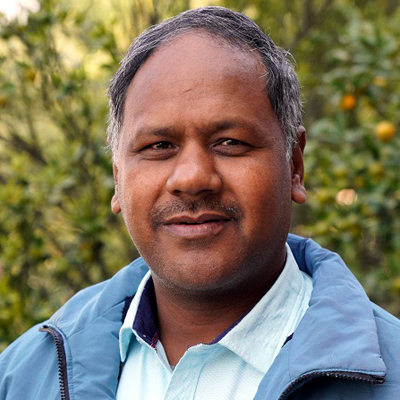
Hari Bahadur Dhami
Program Manager
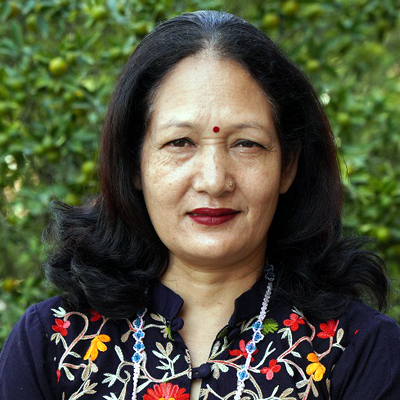
Kaushila Thapa
Senior Admin Officer
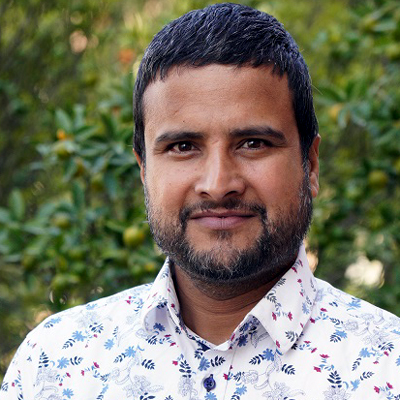
Keshav Sharma
Finance Officer
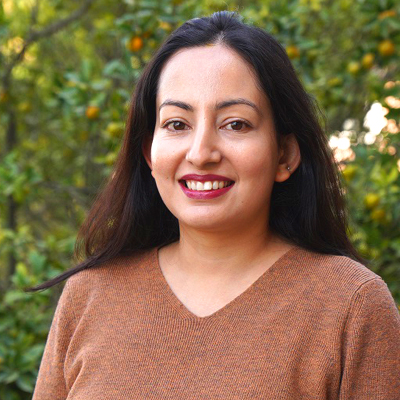
Trishna Thapa
Deputy Chief Executive Officer
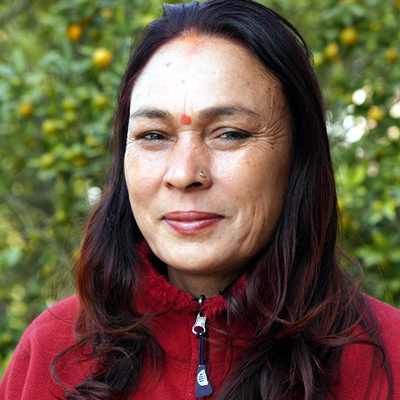
Manju Dhakal
Office Support

Merita Kansakar
Admin Finance Manager
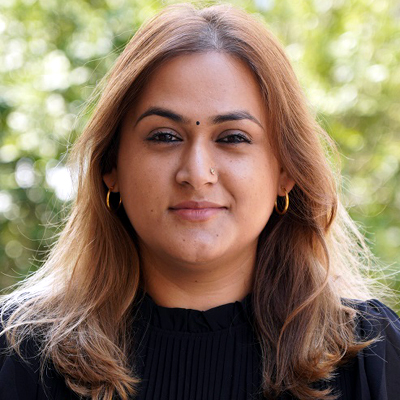
Nisha Thapa
Senior Communications
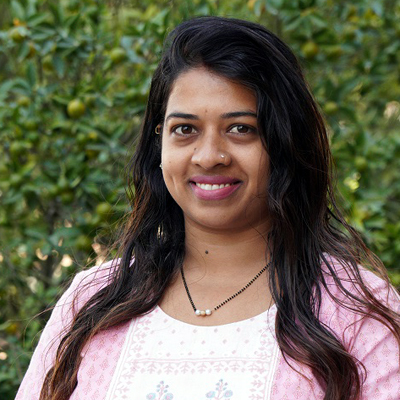
Pragati Luitel
Program Officer
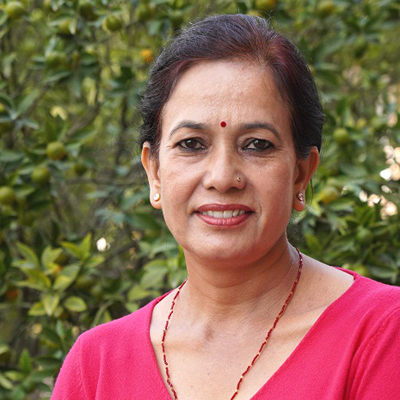
Pramila Thapa
Office Support
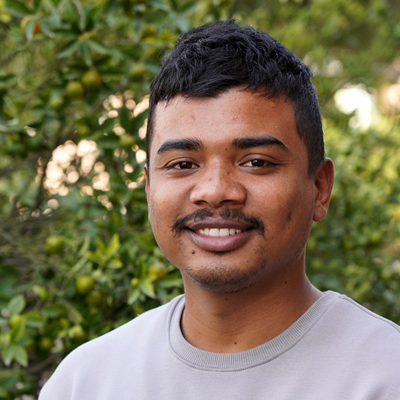
Sajan KC
Field Supervisor
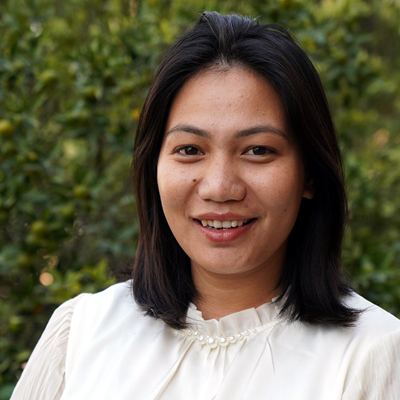
Sangita Maharjan
Senior Admin Finance Officer
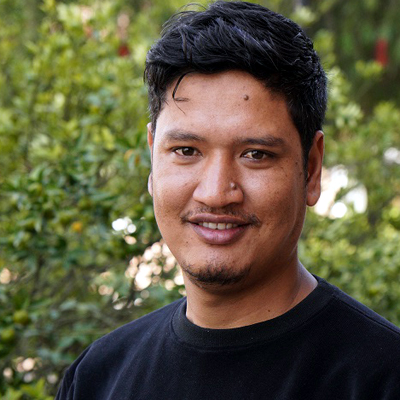
Sanjay Pantha
Filed Supervisor
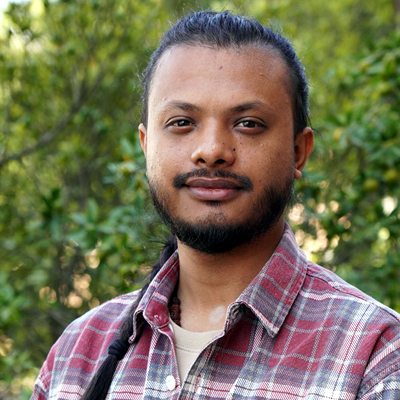
Sushil Shahi
Program Officer
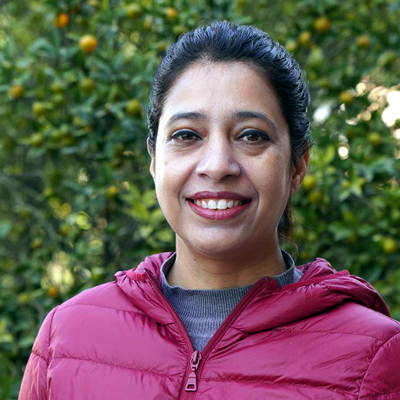
Saru Subedi
Senior Program Officer
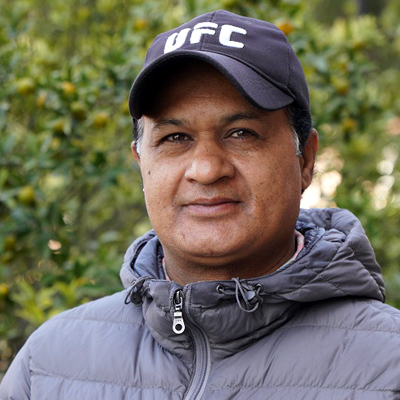
Shyam Kadel
Office Staff
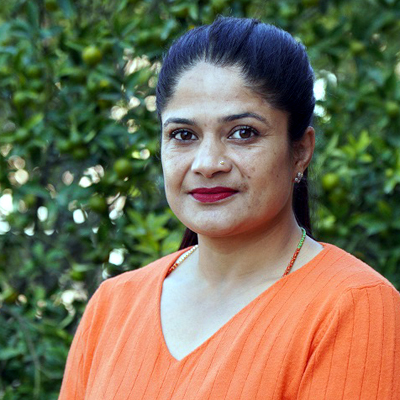
Smriti Karki Thapa
Program Office

Sudip Sigdel
Senior Psychosocial Counselor
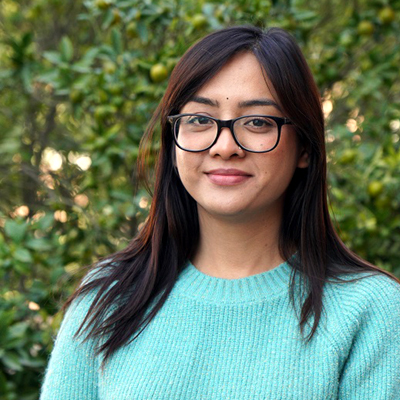
Susan Kathayat
Senior Program Officer

Susan Risal
Chief Executive Officer
Nawalpur Team
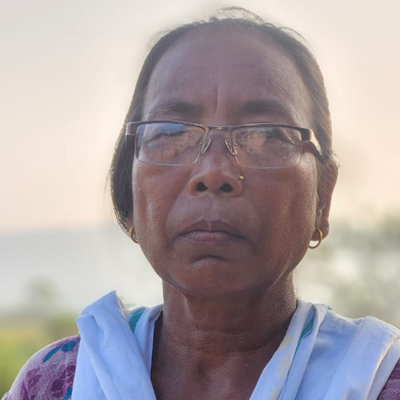
Yan Kumari Kumal
Office Support

Alisha Sharma Lamichhane
Kitchen Supervisor
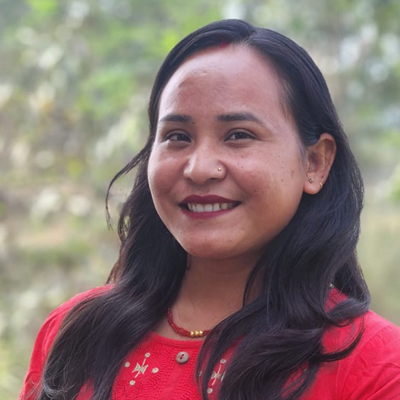
Taruna Mahato
Finance Officer
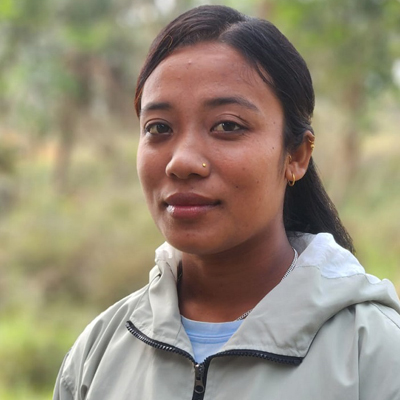
Binita Mahato
Food Management

Bishnu Thanet
Food management
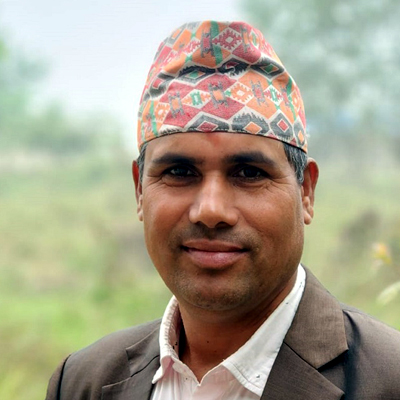
Govinda Prasad Acharya
District Coordinator
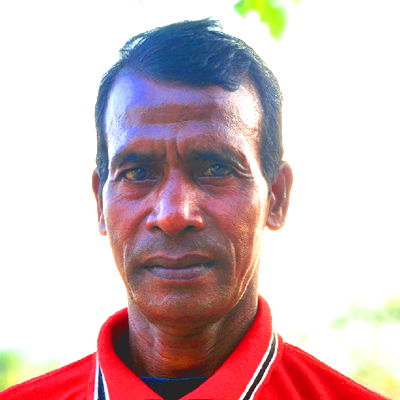
Nem Bahadur Thara
Office Support
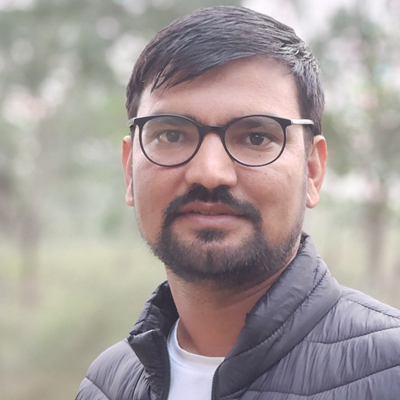
Nirajan Upadhaya
Senior Admin and Finance Officer
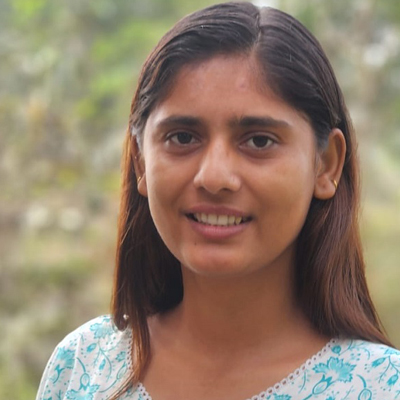
Ranjeeta Nepal
Housekeeping Supervisor
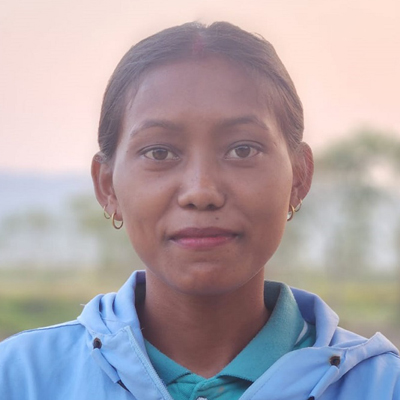
Rasila Kumal Bote
Home Maker
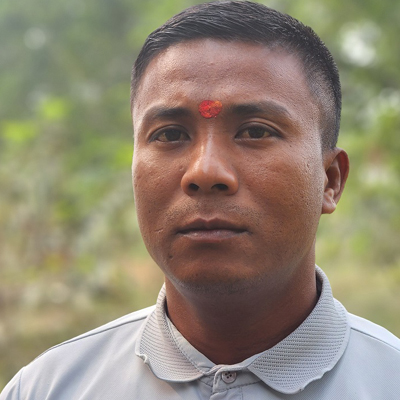
Rem Bahadur Kumal
Office Support
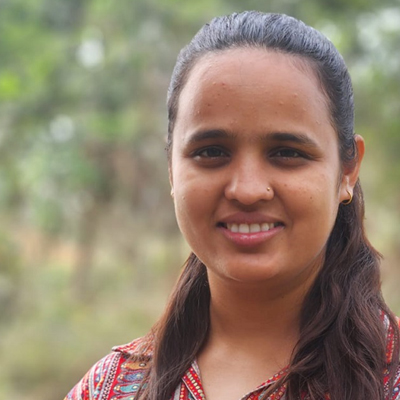
Sangita Poudel
Program officer
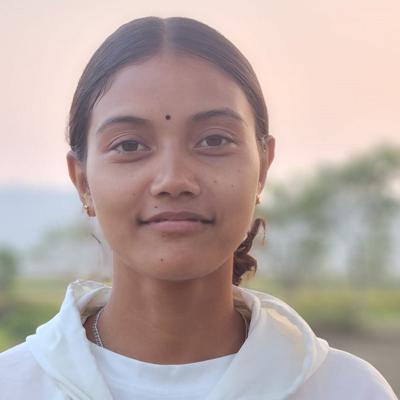
Sanju Mahato
Home Maker
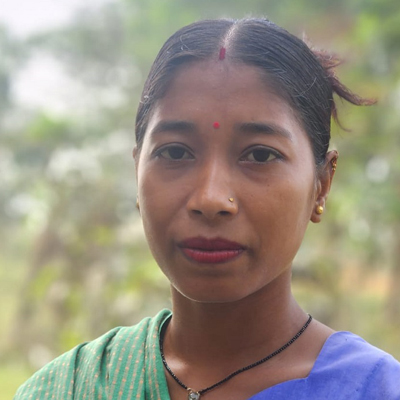
Sarmila Mahato
Home Maker
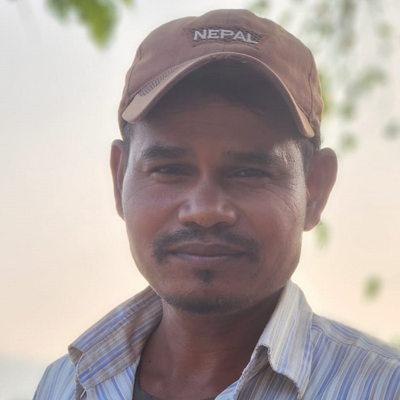
Sikha Ram Mahato
Office Support
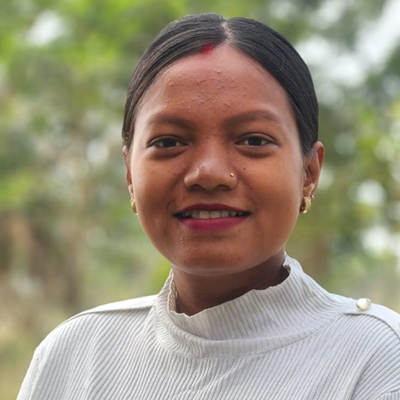
Sujata Kumal
Program Field Supervisor
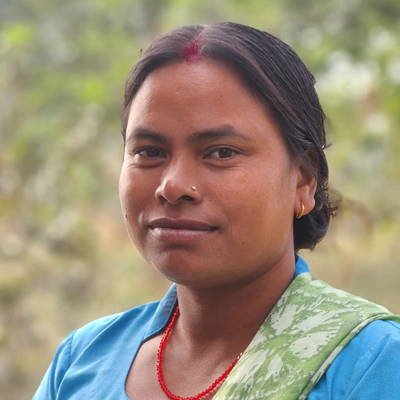
Suk Maya Chaudhary
Food Management
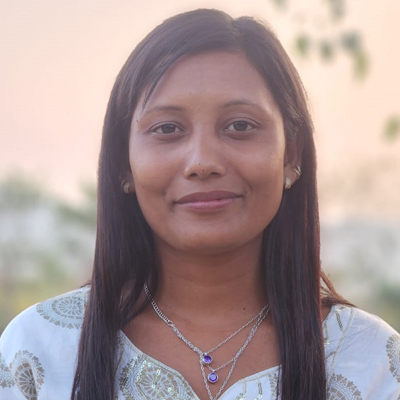
Sumitra Chaudhary
Program Associate
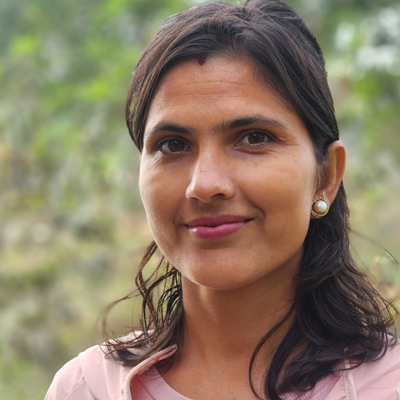
Sumitra Devkota
Psychosocial Counsellor
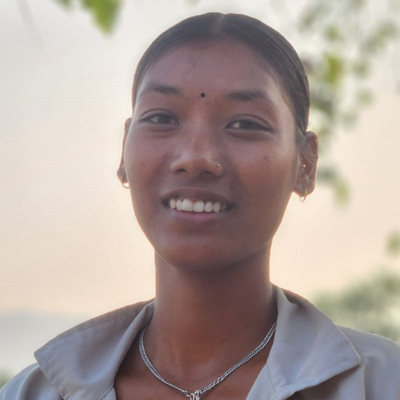
Sunita Mahato Kathariya
Home Maker

Sunita Pariyar
Program Officer
